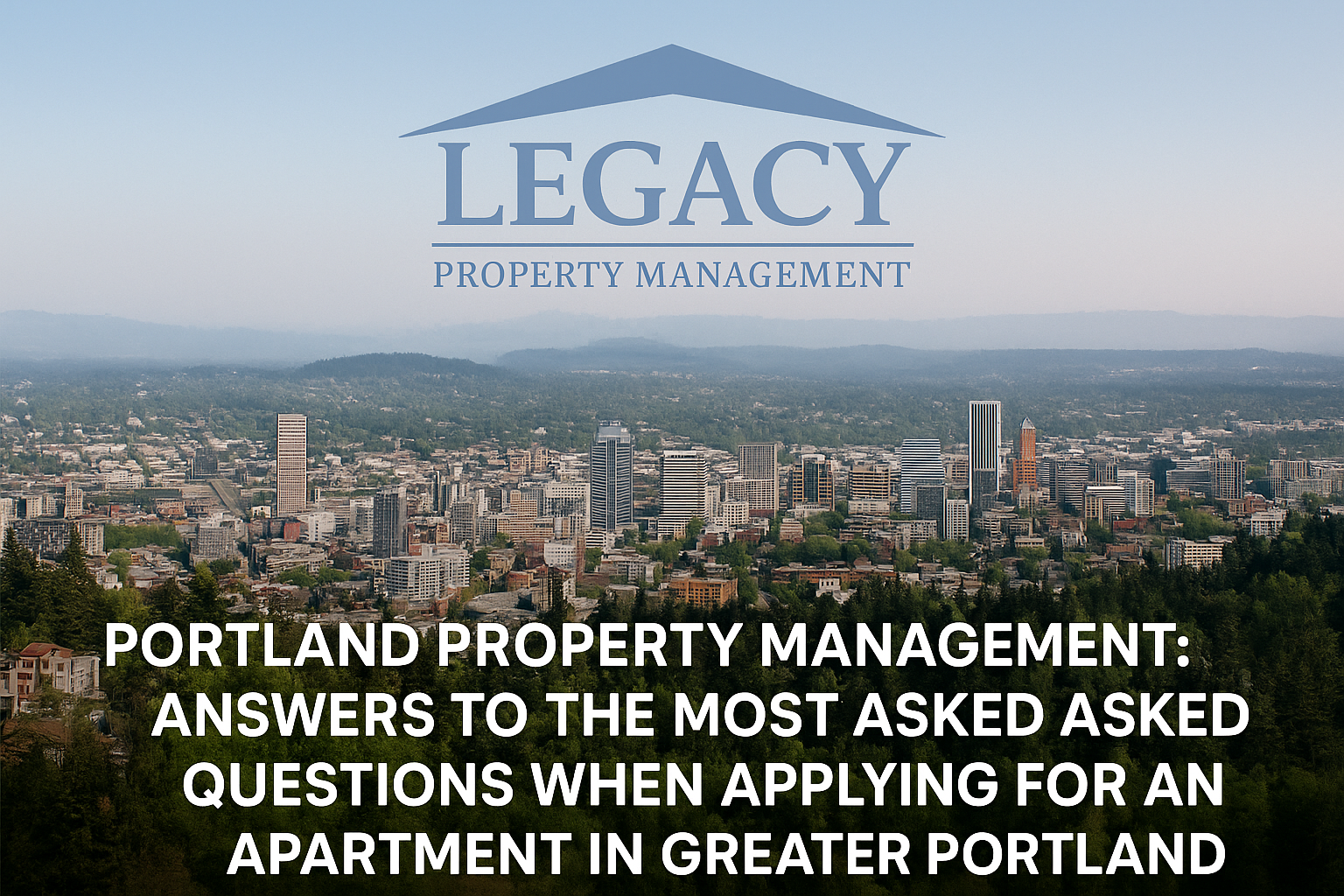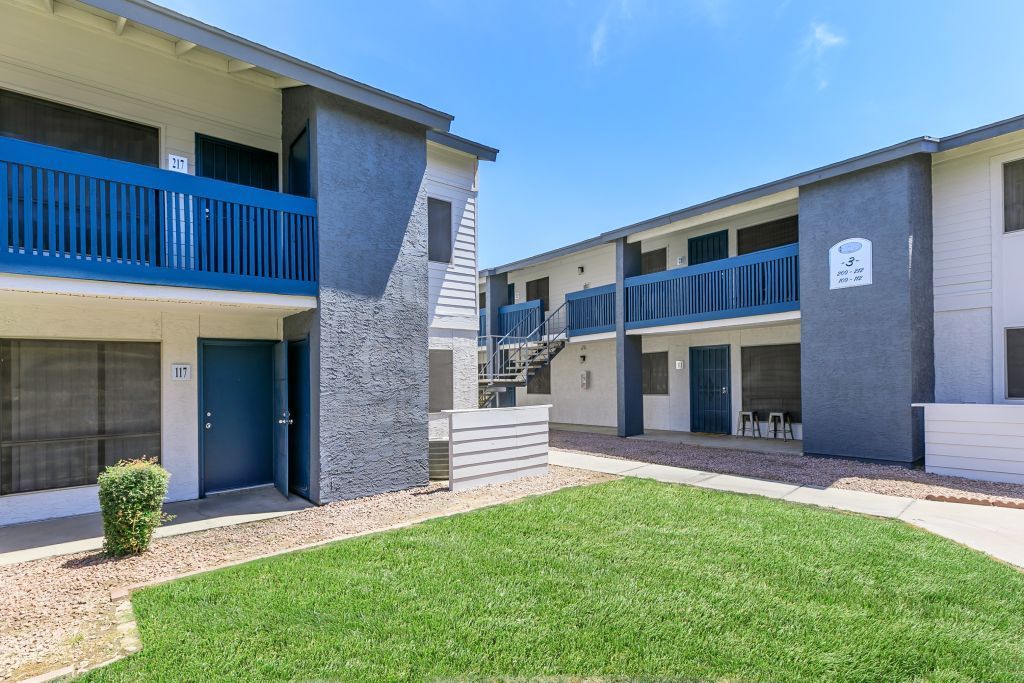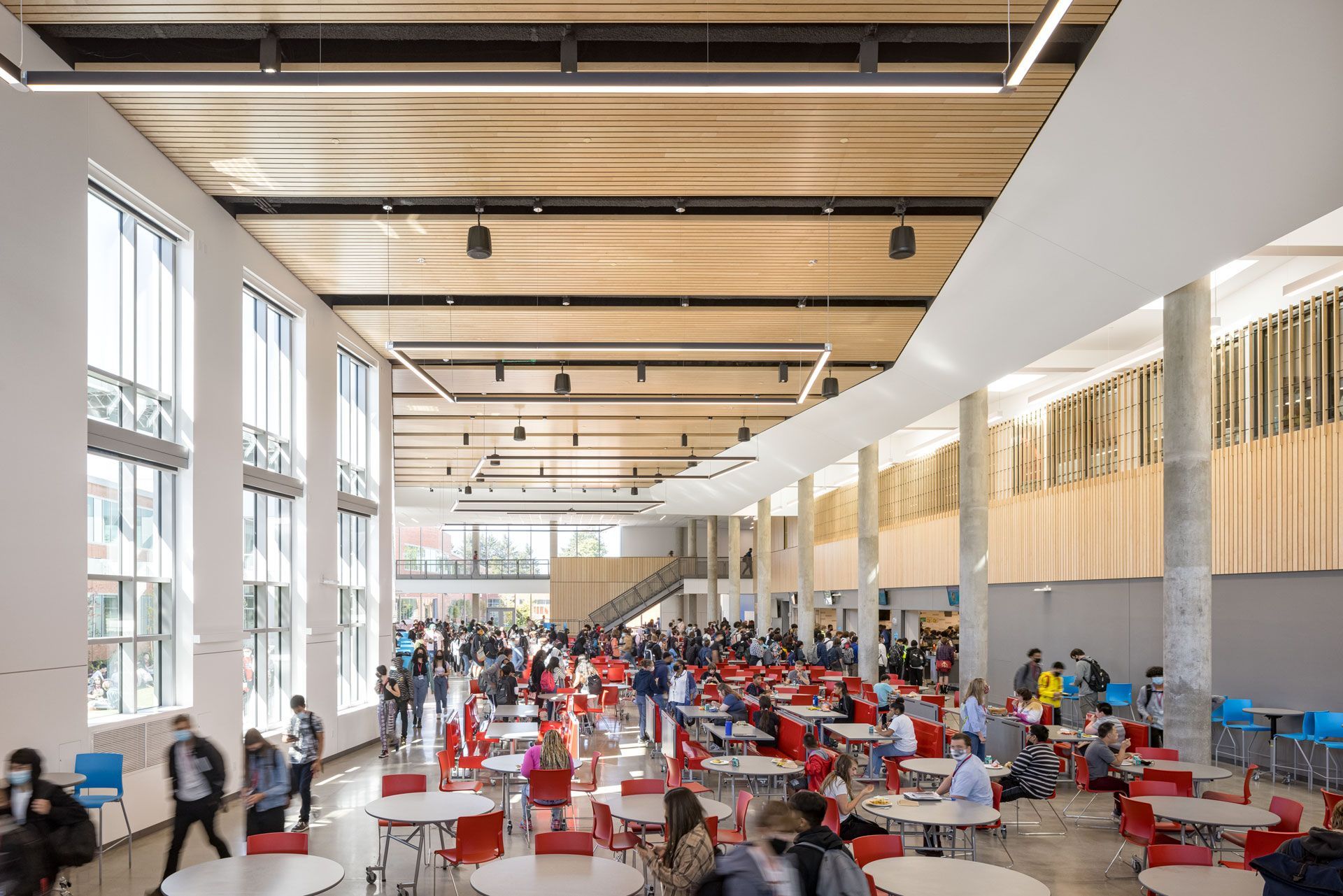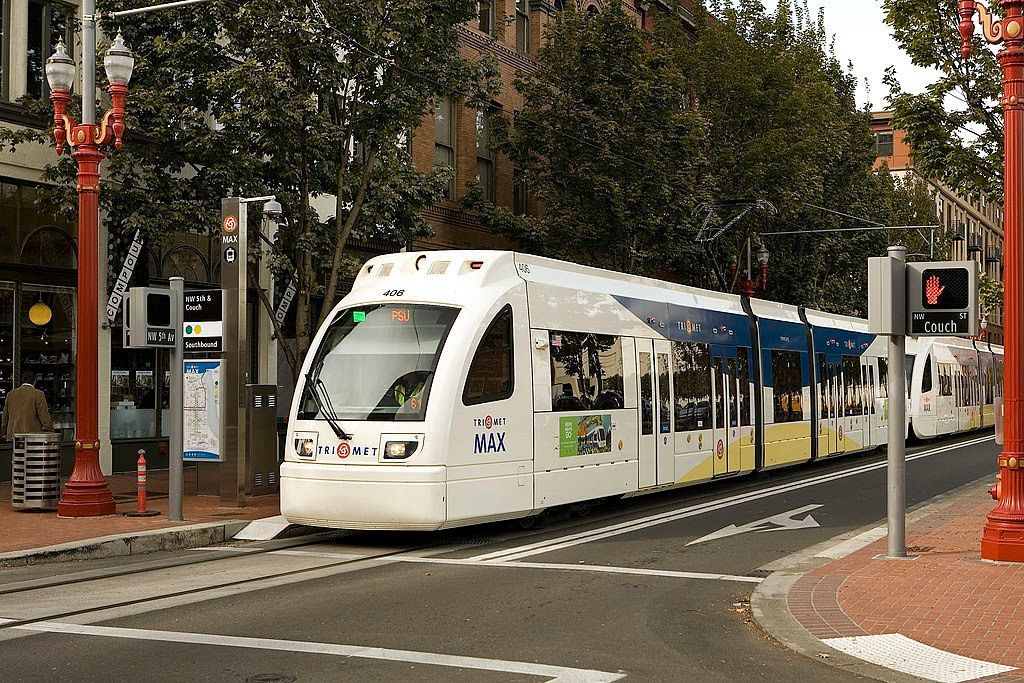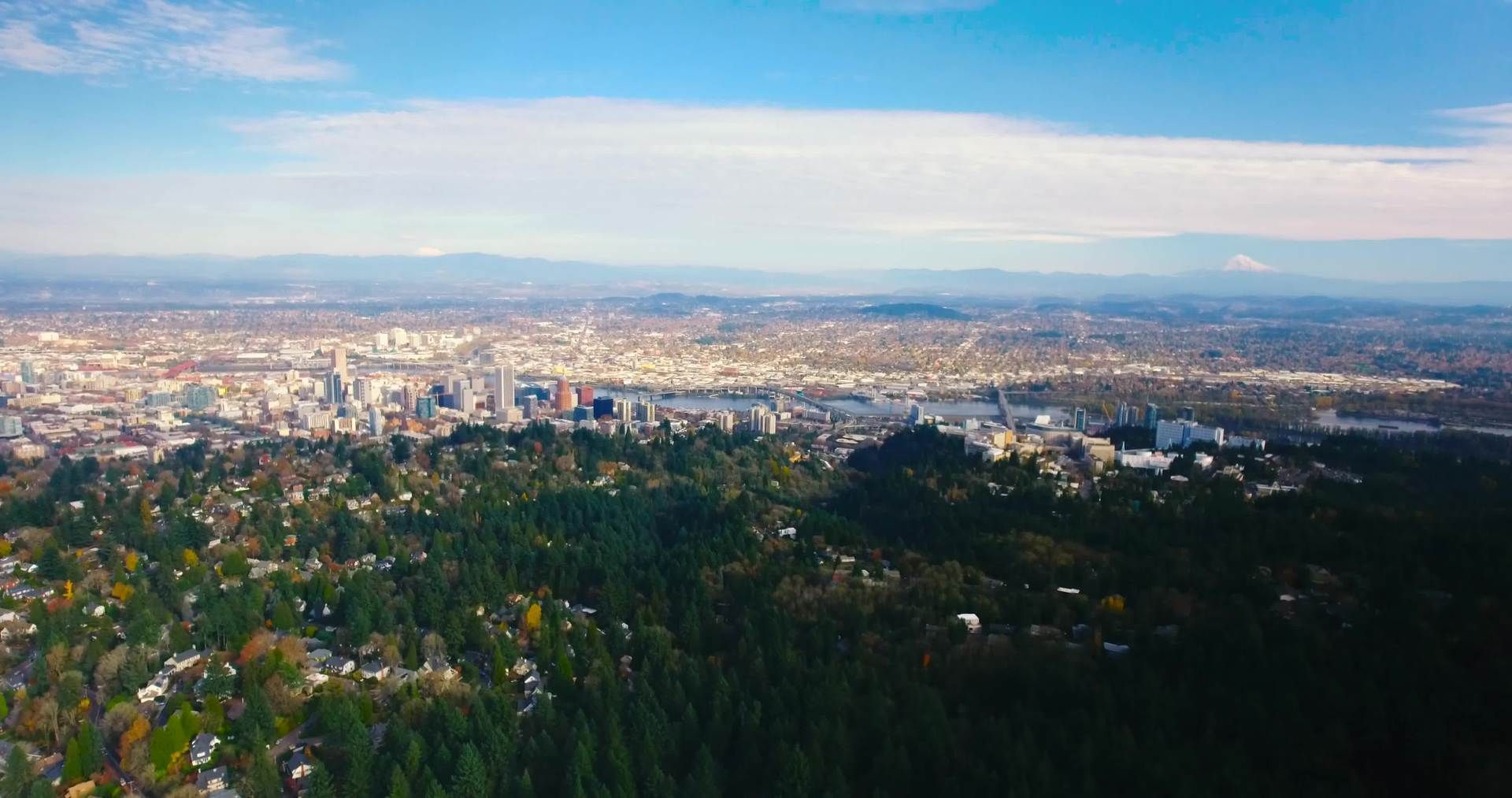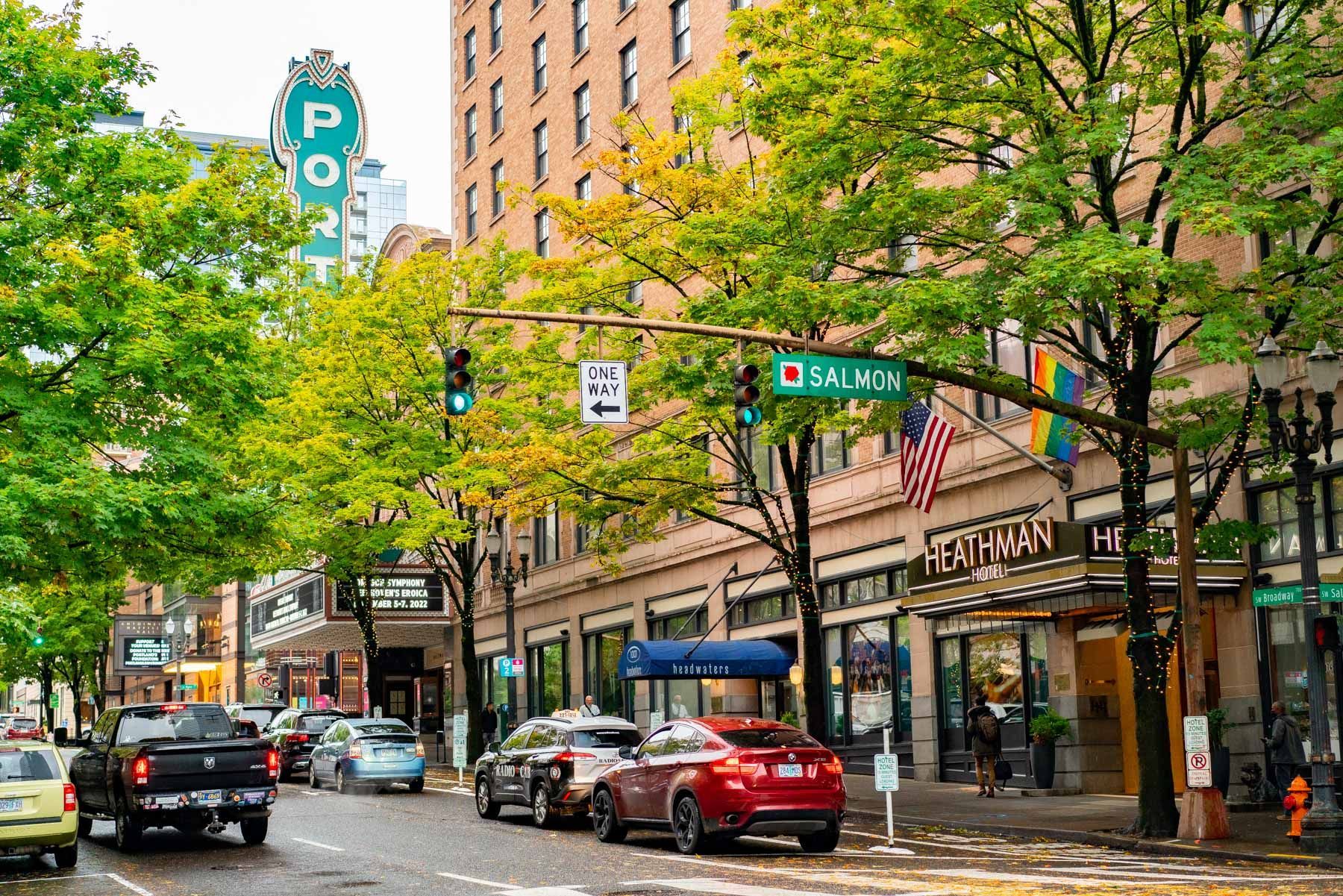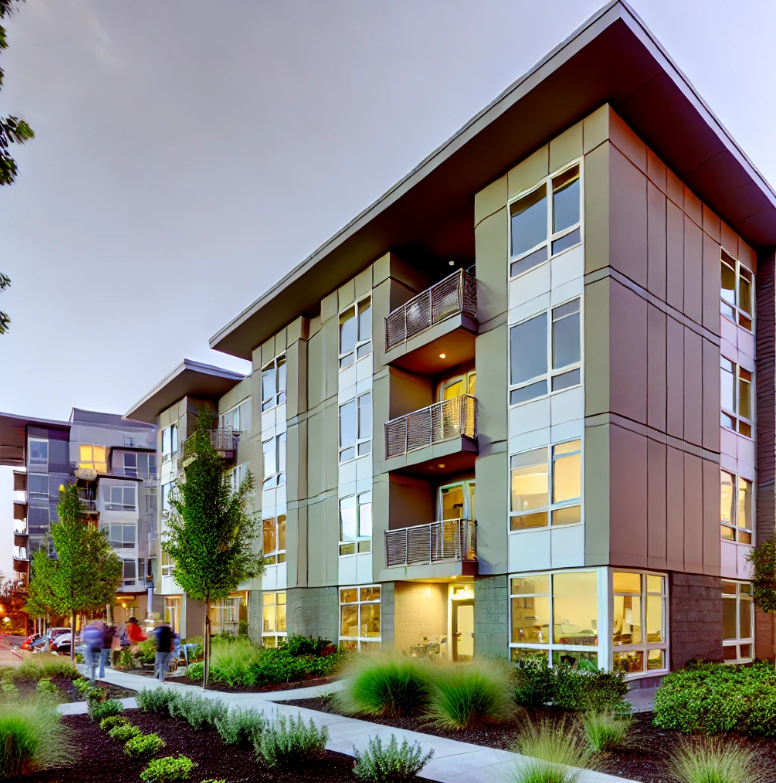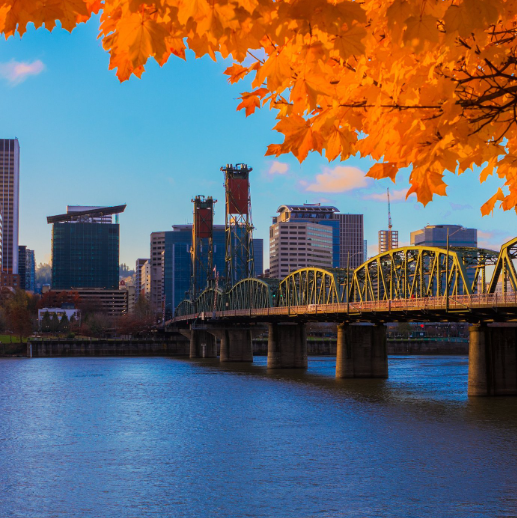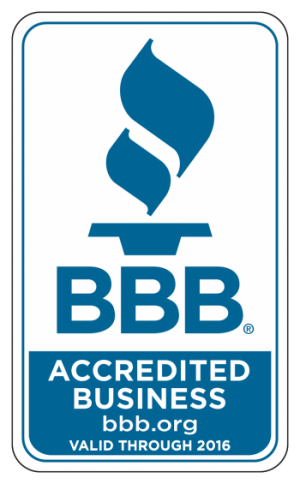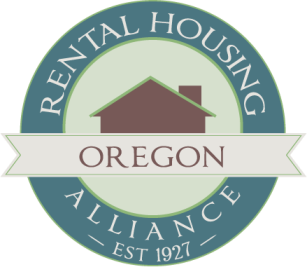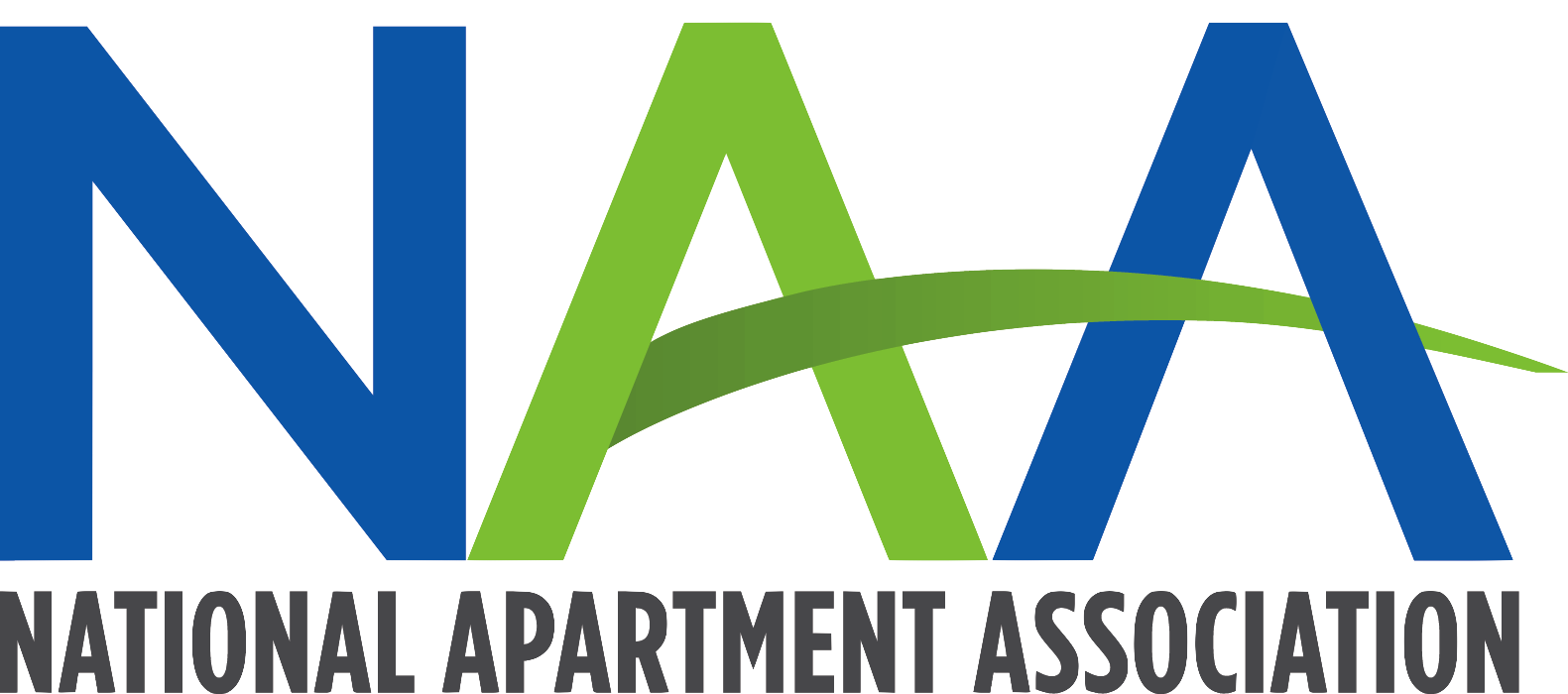The Complete Guide to Portland Parking: Street Permits, Garages & Storage
Parking Simplified: Your Essential Roadmap to Street Permits, Garages & Storage in Portland
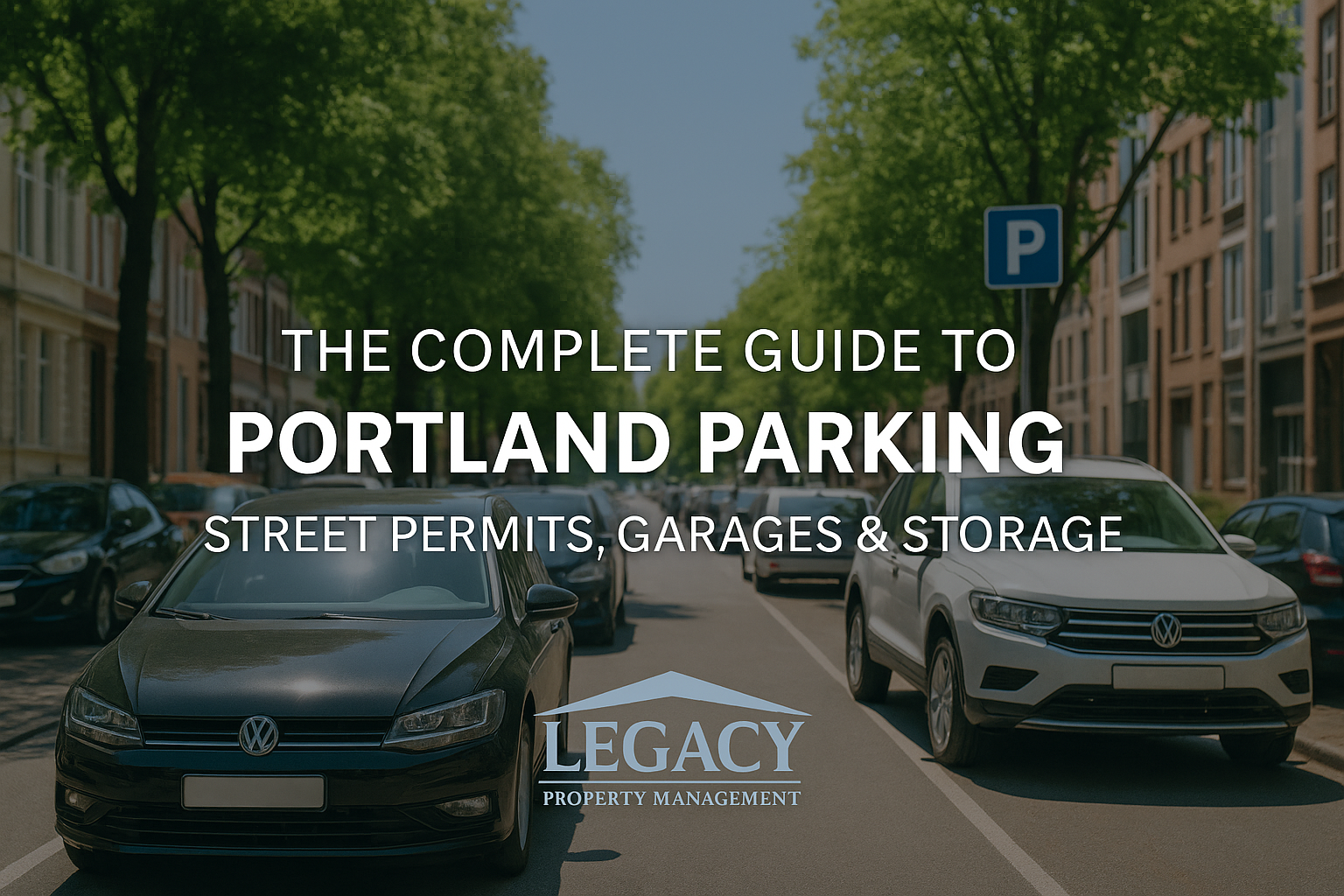
Introduction
Finding parking in Portland can feel like hunting for a unicorn—elusive, occasionally frustrating, but immensely satisfying when you nail it. Between busy downtown districts, densely populated neighborhoods, and changing regulations, it’s easy to get overwhelmed. Whether you’re a long-time resident needing a permit, a landlord adding a garage to a rental, or someone seeking extra storage for seasonal vehicles, understanding Portland’s parking ecosystem is crucial. In this guide, we’ll walk you through neighborhood permit zones and costs, show you how to apply for residential and temporary permits, explore on-site garages and accessory structure codes, compare off-street lots and commercial garages, and introduce micro-storage options. You’ll finish equipped with concrete steps, real-world examples, and key resources—including inbound links to our own listings and outbound links to Portland’s official guides—to streamline your next parking decision.
Understanding Portland’s Parking Landscape
Portland’s parking situation reflects its growth and urban density. While the city’s transit-friendly reputation eases some demand, many residents and visitors still rely on cars—whether for work, errands, or weekend adventures in the Columbia River Gorge. Municipal regulations balance residential needs with commercial turnover, imposing permit zones in close-in neighborhoods while offering meters and time limits downtown. At the same time, public-private partnerships operate off-street lots and parking garages. Layered on top are building codes that dictate how property owners can add garages or accessory sheds. Navigating this mix requires a clear picture of zones, fees, and alternatives—so let’s break it down, zone by zone, before diving into permits and infrastructure.
Neighborhood Permit Zones and Cost Breakdowns
Portland divides much of the city into Residential Permit Parking (RPP) zones. These zones regulate non-resident street parking during designated hours, ensuring that locals retain spots near their homes. Zones are typically labeled by neighborhood (e.g., NW 17th & Overton, SE 28th & Division), with each zone administered separately. Understanding the boundaries and rules can save you weekly ticketing stress and help you budget annual costs.
Northwest District (NW Portland)
The Pearl District, Nob Hill, and NW 23rd Avenue area often fall under two-hour metered parking downtown, but pockets of residential permit zones exist north of Burnside.
- Fee: $60 per vehicle, per year, renewable through the Bureau of Transportation.
- Hours: Typically weekdays 8 AM–6 PM.
- Coverage: Blocks adjacent to commercial corridors, protecting residents from spillover.
For a detailed map and zone list, visit Portland’s official Parking Guide .
Southwest Portland (Southwest Hills, Goose Hollow)
Steep streets and scenic views come at a cost—high demand for limited stalls.
- Fee: $40–$60 annually, depending on exact zone.
- Hours: Often 9 AM–5 PM weekdays.
- Notes: Some zones allow evening and weekend free parking to support local businesses.
Northeast & Southeast (Alberta Arts, Hawthorne, Sellwood)
Creative districts and vintage shopping areas attract both shoppers and residents. RPP zones keep locals from circling endlessly.
- Fee: $35–$50 per year.
- Hours: Standard 8 AM–6 PM weekdays, with extensions in high-traffic corridors.
- Boundaries: Clearly marked by green curb plaques; always check the nearest signpost.
Outer Neighborhoods (Beaverton, Tigard, Gresham)
Suburbs often rely more on off-street parking, but inner-ring areas have permit zones too.
- Fee: Varies by city—Beaverton charges around $30/year; Gresham may include permit fees in utility bills.
- Hours: Less restrictive, often 9 AM–5 PM weekdays only.
- Tip: If you rent through a local property management firm (see our Properties page), ask if permit costs are bundled into rent.
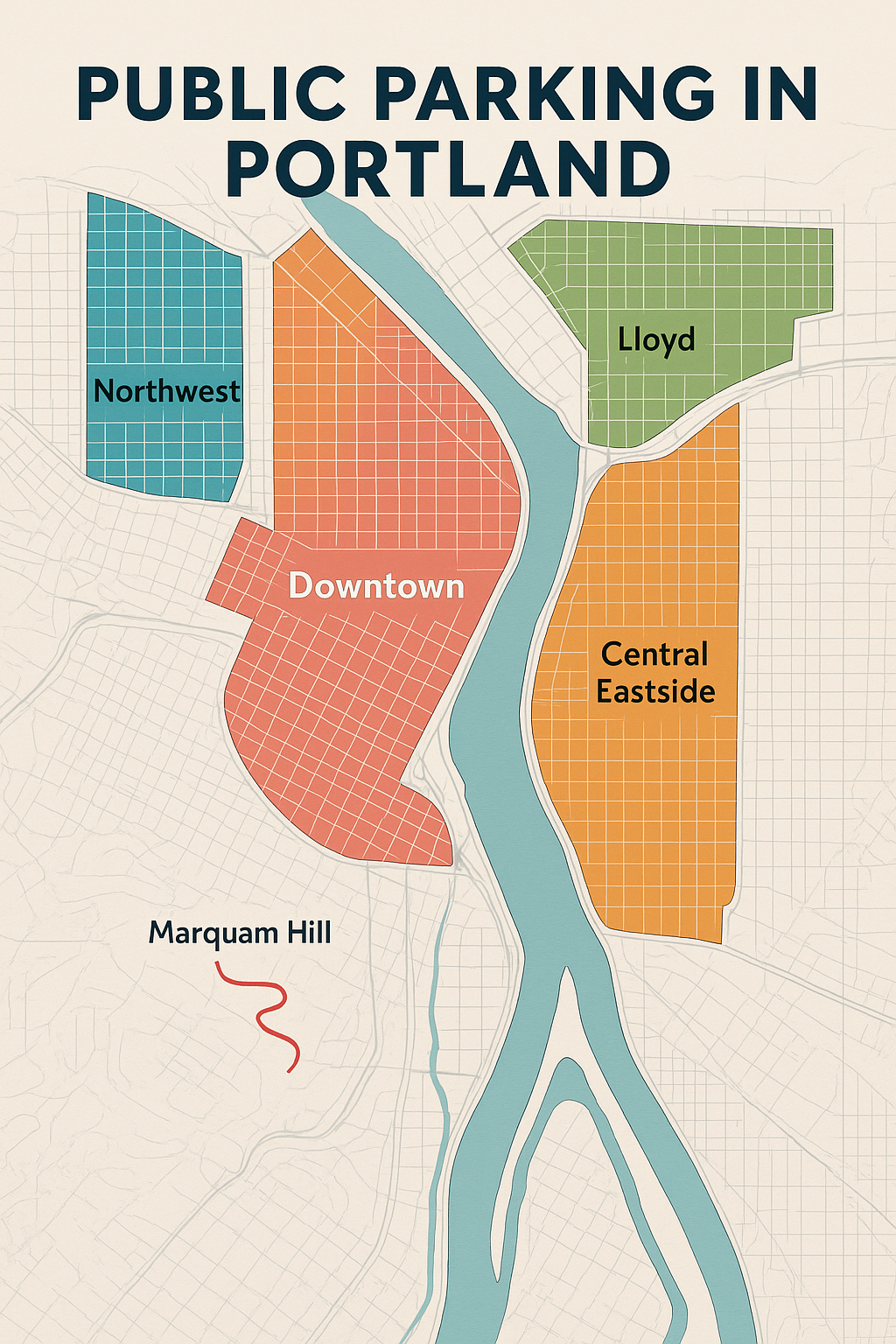
How to Apply for a Residential Parking Permit
Applying for an RPP permit is straightforward if you prepare your documentation. Portland allows online applications through the Bureau of Transportation portal or in-person submissions at select neighborhood offices.
- Gather Required Documents:
- Valid Oregon driver’s license with your residential address.
- Vehicle registration matching your address.
- Proof of residency (utility bill or rental lease).
- Online Submission:
- Visit Portland’s Parking Guide for the online application link.
- Upload scanned documents and enter zone details.
- Pay the fee via credit card.
- Temporary Street Use Permits (TSUP):
For moving trucks, large deliveries, or special events that need curb space, apply for a TSUP . Fees vary by duration and street segment. - Approval & Sticker Delivery:
After processing (typically 5–7 business days), you’ll receive a permit sticker and a digital confirmation. Affix the sticker per instructions and retain the receipt.
If you manage multiple properties or units, check our Screening Criteria to see how permit costs can factor into tenancy agreements.
Building and Permitting On-Site Garages & Accessory Structures
For homeowners and landlords, adding an on-site garage or accessory dwelling unit (ADU) with garage space can be a game-changer—both for personal parking convenience and rental value. However, Portland’s zoning and building codes impose standards you must follow.
Understanding Code Requirements
Portland’s Planning and Development Department outlines residential permitting guidelines in its Garage, Shed, and Accessory Structures guide . Key points include:
- Setback Requirements: Garages typically must be set back at least 5 feet from the rear property line.
- Size Limits: Detached garages under 200 square feet may qualify for streamlined permits; larger structures require full plan reviews.
- Historic Districts: Special design reviews apply if your home sits in a designated historic area.
Permit Process
- Pre-Application Consultation: Optional, but recommended for complex sites or slope challenges.
- Submit Plans: Drawings must show foundation, elevation, and materials.
- Review Timeline: Minor structures often approved in 2–3 weeks; major garages up to 6–8 weeks.
- Inspections: Footing, framing, and final occupancy inspections ensure compliance.
By adding a garage or covered carport, rental properties can command 5–10% higher monthly rents. Explore our Properties with built-in garages to see real-world examples.
Off-Street Lots and Commercial Parking Garages
If street parking or private garages aren’t an option, off-street lots and commercial garages fill the gap. From daily meters to monthly leases, these facilities offer flexibility—albeit at a premium.
Public Lots & Surface Parking
The City of Portland operates several surface lots near downtown, Pearl District, and Lloyd District.
- Rates: $1.50–$3.00 per hour, with max daily rates around $18.
- Monthly Permits: Available at select lots for $120–$200/month.
- Locations: Check the Parking Guide for maps and real-time space availability.
Private Parking Garages
Commercial operators like SP+ and LAZ Parking rent stalls in multi-level garages.
- Monthly Rates: Range from $120 in outer lots to $300+ in prime downtown locations.
- Extras: Many include 24/7 access, security cameras, and electric vehicle (EV) charging stations.
- How to Lease: Contact garage managers directly or sign up via their websites; credit checks and security deposits often apply.
Park-and-Ride Facilities
For commuters, TriMet park-and-ride lots near MAX and WES stations offer low-cost parking ($1–$2/day). While not suitable for long-term storage, they’re ideal for daily work commutes.
Micro-Storage and Alternative Options
Beyond traditional parking, micro-storage solutions can safeguard seasonal or infrequently used vehicles, gear, and belongings. Options range from portable on-site pods to dedicated storage facilities.
Portable Storage Pods
Companies like PODS deliver containers to your driveway, letting you load at your own pace.
- Cost: $150–$300/month, depending on size and duration.
- Permitting: If the pod sits in the public right-of-way (driveway apron or curb), you’ll need a Temporary Street Use Permit .
Self-Storage Facilities
Numerous climate-controlled facilities across Portland Metro rent units from 5×5 to 10×30 feet.
- Rates: $50 for a 5×5 up to $400 for a drive-up 10×30.
- Vehicle Storage: Enclosed bays start at $100/month; outdoor parking spots run $50–$100/month.
- Access: 24-hour gates and security cameras are common.
Shared Private Driveways
Web platforms connect people who have unused driveway space with those needing parking.
- Cost: Often $75–$150/month.
- Booking: Reserve online; payment and access details handled through the app.
These alternatives help residents and landlords maximize underutilized space and alleviate on-street demand.
Tips for Maximizing Parking Options in Portland
- Leverage Mixed-Use Permits: If you work and live in Portland, check if your employer offers parking benefits or shared lot access during off-peak hours.
- Group Permits for Multi-Unit Rentals: Property managers can apply for up to 10 permits per block; bundling costs into rent can simplify billing. Visit our Vacancies page to see units where permit fees are included.
- Time Your Applications: New permits reset in July—apply early to avoid delays.
- Explore EV Carshare Memberships: Carshare programs (Electric Avenue, Breeze) reduce parking needs and often include reserved stalls.
- Combine Garages with ADUs: If you’re planning an Accessory Dwelling Unit, integrate garage space beneath. This hybrid design maximizes lot usage and rental income. Our Contact Us page can connect you with contractors experienced in ADU-garage projects.
Case Studies: Real-World Portland Parking Solutions
Case Study 1: The Hawthorne Duplex Conversion
A landlord in Southeast Portland converted a detached garage into a two-car garage with an ADU above. After navigating Planning and Development code rules and securing building permits, they:
- Increased monthly rent by 12% for the main unit.
- Added a $1,200/month ADU unit.
- Reduced on-street permit demand by providing off-street spaces.
Outcome: The combined property cash flow doubled, and tenant satisfaction improved dramatically.
Case Study 2: Northwest Condo with RPP and Garage Lease
A group of four condo owners in NW Portland pooled resources to lease four off-street garage stalls from a local parking management company. They:
- Negotiated a bulk rate of $200 per stall, per month.
- Shared permit costs through their HOA.
- Registered each vehicle for RPP , reducing on-street pressure for neighboring homes.
Outcome: Each resident saved an average of $50/month compared to individual stalls, and visitor parking compliance improved.
Case Study 3: Micro-Storage for Seasonal Vehicle Enthusiast
A Southeast Portland resident with a classic motorcycle struggled with street permits. They opted to rent a 5×10 self-storage unit with vehicle access at $80/month. After securing a drive-up spot and paying a one-time gate access deposit, they:
- Freed up their driveway for daily parking.
- Avoided frequent RPP renewals and visitor permit hassles.
- Stored gear and motorcycle maintenance tools in the same unit.
Outcome: Convenience and security outweighed costs, and their street remained clear for neighbors.
Additional Resources
Portland’s parking landscape can be complex, but armed with the right knowledge—neighborhood permit costs, permit application steps, building codes for garages, off-street and micro-storage alternatives—you can tackle any situation. Whether you’re a homeowner adding a new garage, a renter securing an RPP sticker, or a landlord optimizing property assets, these strategies and resources will guide you.
Additional Resources:
- Browse our full portfolio: Legacy NW
- View current vacancies with dedicated parking
- Check our screening criteria for permit-included leases
- Explore all properties with garage options
- Get in touch: Contact Us
- Learn about Portland’s Best Neighborhoods for ideal parking situations
- Official City of Portland Parking Guide:
- Temporary Street Use Permit (TSUP): https://www.portland.gov/transportation/permitting/temporary-street-use-permitting-tsup
- Portland Planning Codes & Guides: https://www.portland.gov/ppd/codes-rules-and-guides
- Garage, Shed & Accessory Structures Permitting: https://www.portland.gov/ppd/residential-permitting/home-projects/garage-shed-and-accessory-structures
By combining these insights with your own needs and resources, you’ll conquer Portland parking once and for all. Whether it’s securing a coveted street permit, building a brand-new garage, or finding the perfect micro-storage solution, Portland’s varied options have you covered. Good luck, and happy parking!



